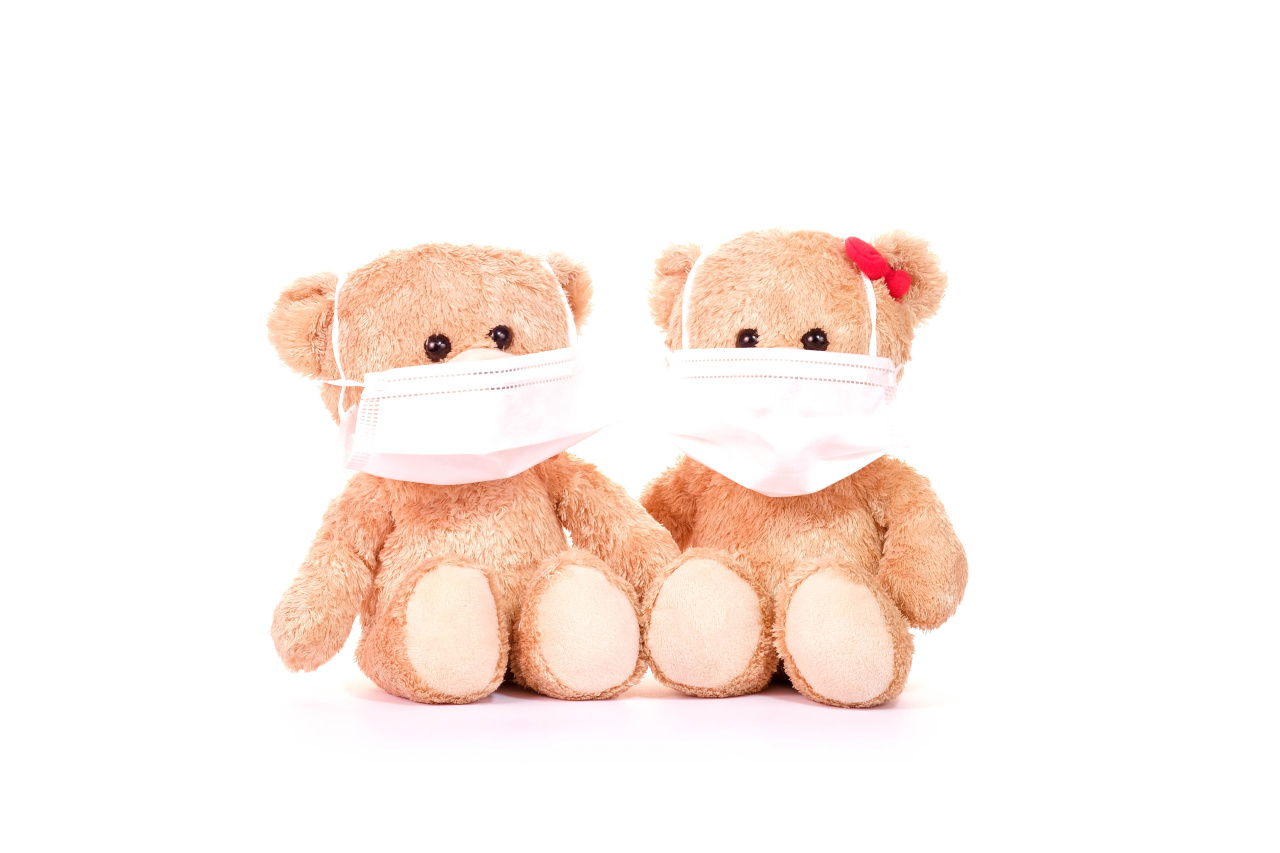COVID-19 could be systemic in newborn babies, says pediatrician
By Kim ArinPublished : April 22, 2020 - 10:02

South Korea’s youngest patient, who was diagnosed with COVID-19 on March 8 at just 27 days old, had higher viral loads for a longer period of time than her mother despite being exposed to an identical infection source at around the same time, medical staff said Tuesday.
SARS-CoV-2 -- the virus responsible for COVID-19 -- was detected in all of the baby’s samples including blood, urine, stool and saliva, according to pediatrician Dr. Han Mi-seon of the Boramae Medical Center in southern Seoul, whereas only the respiratory and stool specimens of the mother tested positive for the virus.
These findings suggest that infants could have systemic complications from COVID-19, she said in a phone interview.
“The virus may affect multiple organs -- including the kidneys and gastrointestinal tract.”
The viral load in the baby’s clinical specimens also remained high for as long as 18 days after the onset of symptoms. At one point, the amount of the virus in the patient’s respiratory and stool specimens was nearly 100 times higher than that found in her mother’s.
Han said the infant had mild symptoms including a cough, nasal stuffiness, vomiting and a fever of 37.6 degrees Celsius. She was breastfed and had gained weight by the time she was discharged from the hospital on March 26.
Both the infant and her mother recovered without antiviral or anti-bacterial therapies.
Babies under 28 days of age with immature immune systems are more vulnerable to viral infections, according to Han.
The Korean Society of Pediatric Infectious Diseases’ guidance issued March 20 says infants younger than 3 months belong to a high-risk group. While pediatric COVID-19 cases tend to be less severe, the clinical manifestations can vary from no symptoms to respiratory insufficiency, the medical society said.
Kwon Jun-wook, the Korea Centers for Disease Control and Prevention’s deputy director, said in a press briefing Tuesday that based on limited reports, pediatric patients of COVID-19 may have lower infectivity. But available data on children’s cases was too scarce to allow a definitive interpretation, he said.
There were few known instances of transmission involving children, he said, referring to a recent case where a 9-year-old patient passed on the virus to a caregiver while hospitalized earlier this month.
The KCDC data shows that 720 patients under the age of 20 had been reported as of Tuesday, accounting for 6.7 percent of all cases.
Pediatric infectious disease specialist Dr. Eun Byung-wook of Nowon Eulji University Hospital in northern Seoul said no children or adolescents have developed severe or critical cases of COVID-19 in Korea, so far.
On the latest case of the recovered infant with COVID-19, he said, “The virus shedding period could be longer for children, but this does not mean their transmission potential is greater than that of adults.”
By Kim Arin (arin@heraldcorp.com)








![[Graphic News] More Koreans say they plan long-distance trips this year](http://res.heraldm.com/phpwas/restmb_idxmake.php?idx=644&simg=/content/image/2024/04/17/20240417050828_0.gif&u=)
![[KH Explains] Hyundai's full hybrid edge to pay off amid slow transition to pure EVs](http://res.heraldm.com/phpwas/restmb_idxmake.php?idx=644&simg=/content/image/2024/04/18/20240418050645_0.jpg&u=20240419100350)






![[From the Scene] Monks, Buddhists hail return of remains of Buddhas](http://res.heraldm.com/phpwas/restmb_idxmake.php?idx=652&simg=/content/image/2024/04/19/20240419050617_0.jpg&u=20240419175937)

![[KH Explains] Hyundai's full hybrid edge to pay off amid slow transition to pure EVs](http://res.heraldm.com/phpwas/restmb_idxmake.php?idx=652&simg=/content/image/2024/04/18/20240418050645_0.jpg&u=20240419100350)

![[Today’s K-pop] Illit drops debut single remix](http://res.heraldm.com/phpwas/restmb_idxmake.php?idx=642&simg=/content/image/2024/04/19/20240419050612_0.jpg&u=)